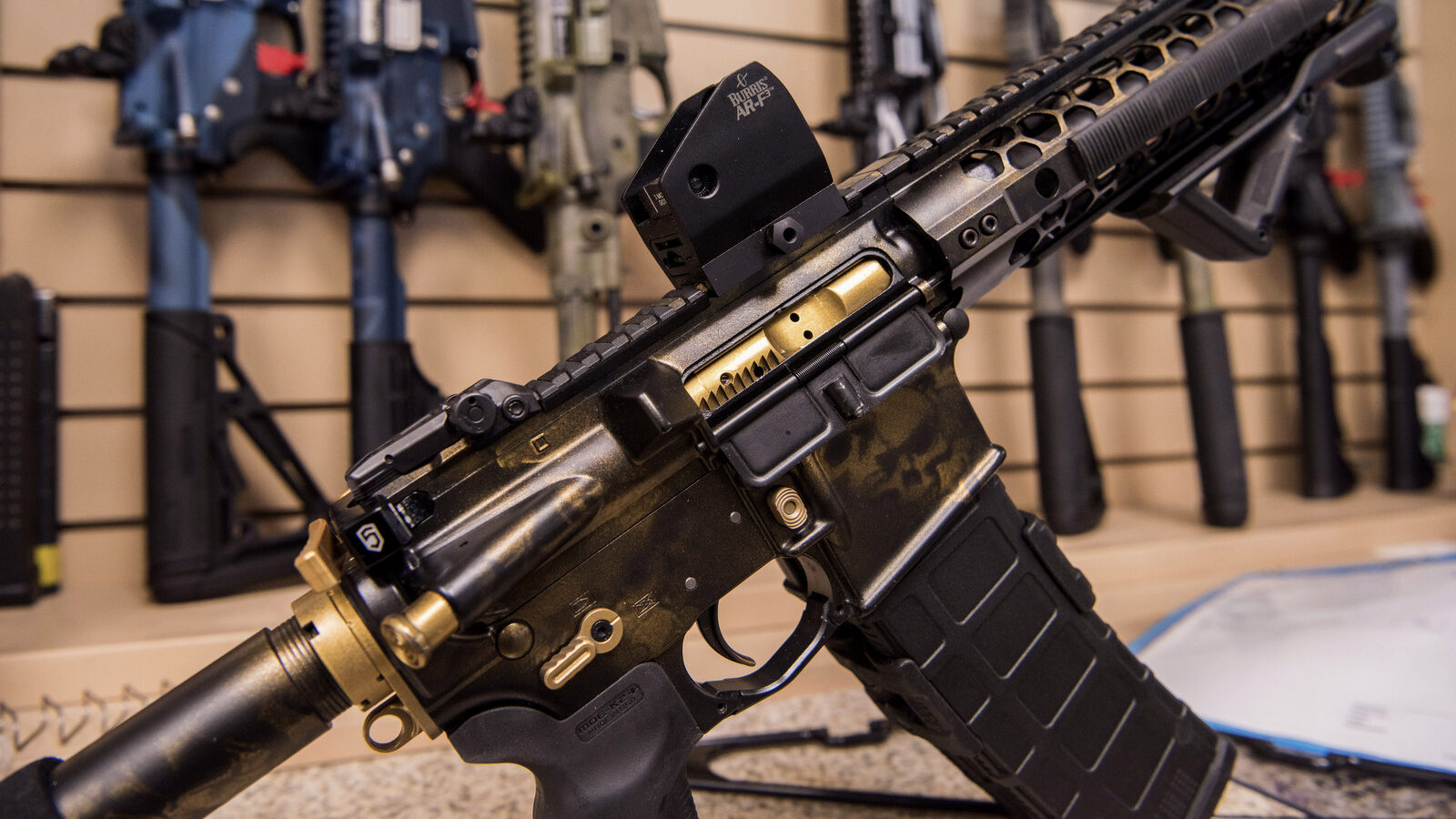In the aftermath of the horrific attack in Las Vegas, during which 64-year-old Stephen Paddock rained bullets on concert-goers from inside his hotel room, the gun violence epidemic in the U.S. has come back into focus. Paddock, who left behind an arsenal of 47 guns and multiple loaded high-capacity magazines, managed to kill 58 people and injure over 500 — and his cache of ammunition reveals that the toll could have been much worse.
And yet Americans once again find themselves in a wrestling match between their constitutional right to bear arms and potentially effective gun legislation — and held hostage by a gun lobby that continues to have a stranglehold on Congress.
National Rifle Association lobbying is an expensive but highly profitable endeavor. In 2017 the organization has so far spent $2.3 million lobbying Congressional members as well as federal agencies while rallying around some 81 bills. That the gun industry is lucrative is indisputable: even after the events in Las Vegas — in which the deadliest shooting in American history pinned the nation’s attention on gun violence — gun manufacturers’ stock prices climbed. And this is far from uncommon.
More by Roqayah Chamseddine
- Media On North Korea: Easier To Demonize Than Try To Understand
- Wrapped In The Flag, Trump Attacks Protests Emblematic Of American Freedom
- Nearly 2,000 Dead In Myanmar Amid Military-Led Ethnic Cleansing Of Rohingya
In February, gun manufacturer Sturm, Ruger, & Co. predicted that gun sales would flourish, a forecast that took into account Trump’s position opposing gun regulations — which some believed would dampen sales by reducing the urgency to purchase weapons before particular purchases might be regulated. Thankfully, gun manufacturers have hit an overall sales slump, despite occasional stock surges which occur due to consumer fears of such future gun purchase restrictions.
Still, buried among statistics on gun profits and lobbying efforts is the terrifying reality of just how unique America’s gun obsession and associated violence are. And the equally terrifying plan by the NRA to “normalize” gun possession in nearly every nook and cranny of American life.
According to a report from the Guardian, there have been some 1.5 million gun-related deaths in the U.S. since 1968. This is broken down into categories that include suicides, which account for nearly two-thirds of deaths; homicides, including mass shootings; and accidents. What does this mean? That gun violence is now a leading cause of death in America.
For some, this shocking data signals the need to tighten the grip on gun control. Without, however, also dealing with underlying causes of this violence — including poverty, a lack of mental health care, and a culture of violence — gun control, which is steeped in discriminatory legislation and enforcement, will not provide a complete remedy. Without first assessing the systemic ills that plague American society, restrictive legislative measures may very well be not much more than bandaids.
Top photo | In this photo taken March 15, 2017, an AR-15 style rifle manufactured by Battle Rifle Co. is display in Webster, Texas. (AP/Lisa Marie Pane)


